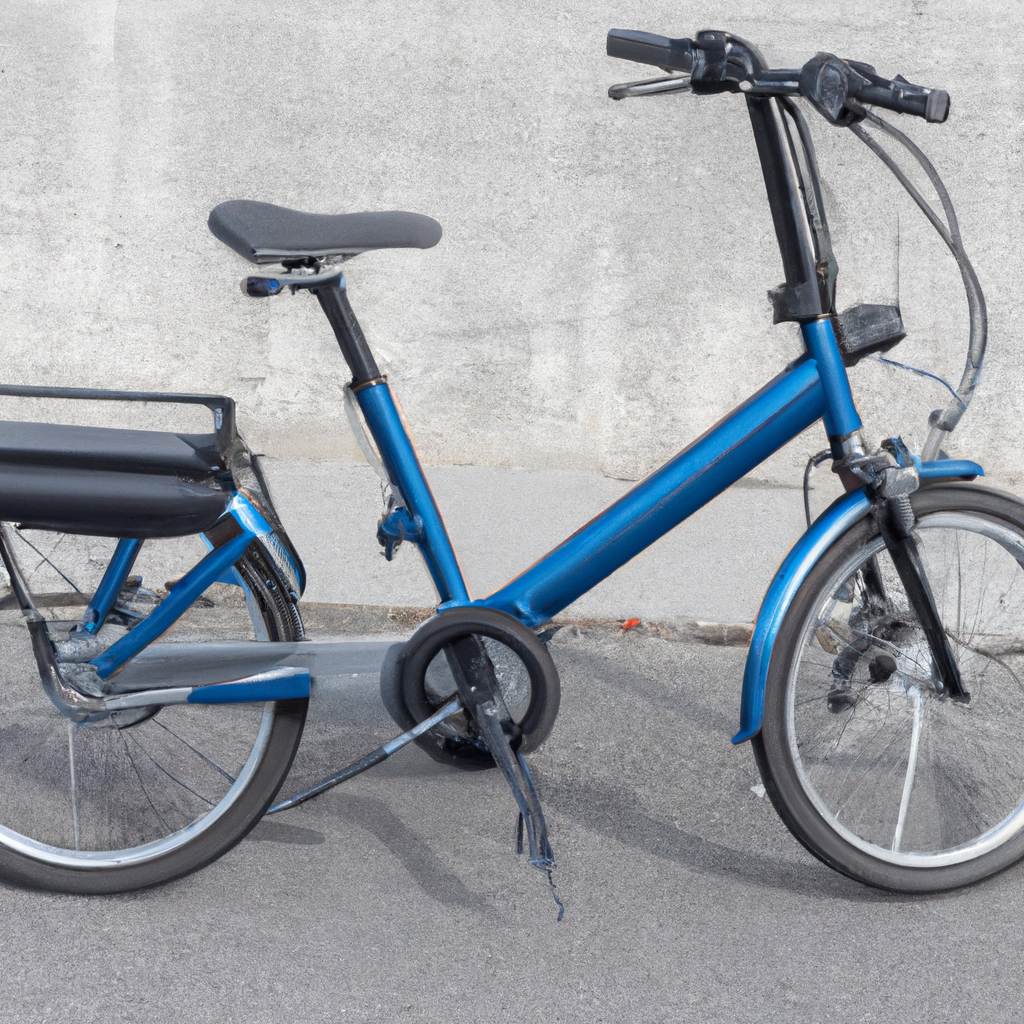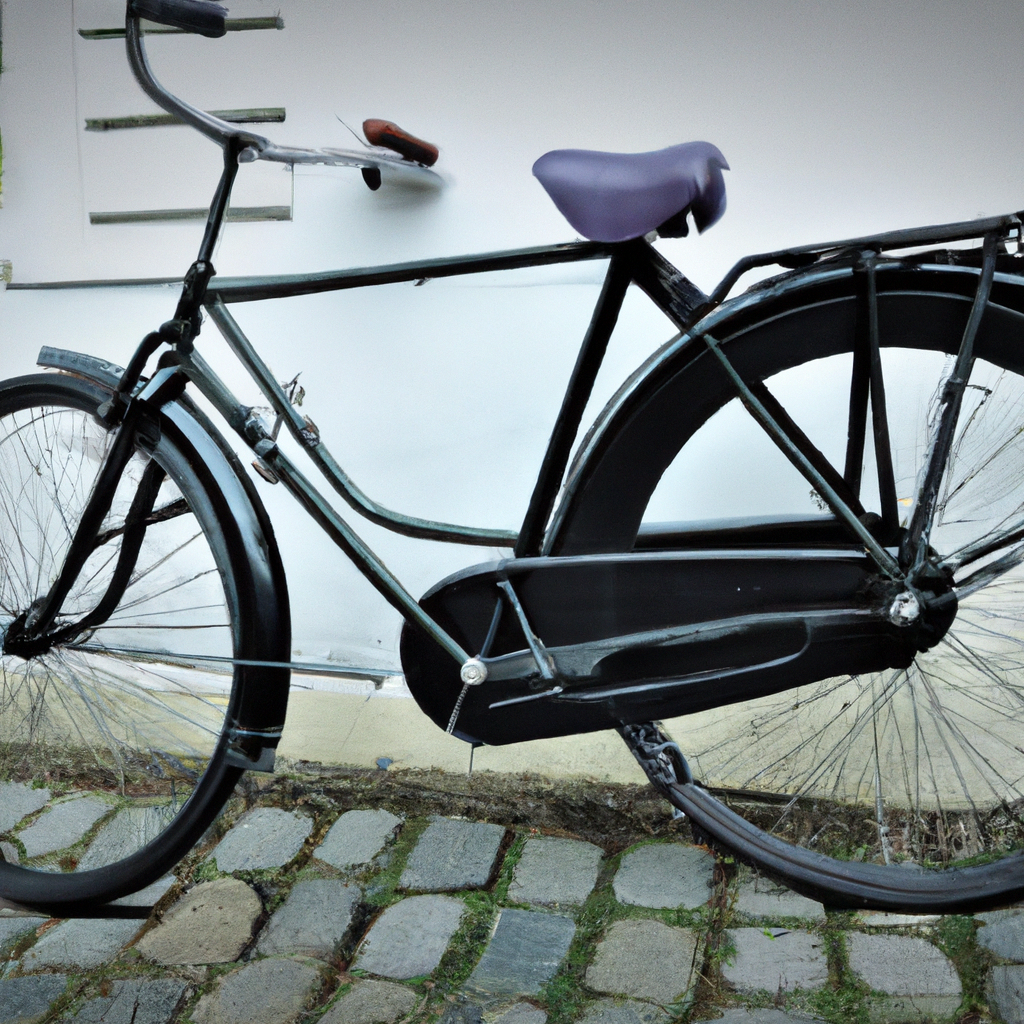Electric Commuter Bikes

Riding Towards a Sustainable Future
From bustling city streets to serene suburban neighbourhoods, the daily commute is a routine shared by millions around the world. As concerns about carbon emissions and traffic congestion continue to grow, people are increasingly looking for sustainable and efficient transportation solutions. Enter electric commuter bikes – the pedal-powered machines that are revolutionizing urban mobility. In this article, we will explore the benefits, considerations, and future prospects of electric commuter bikes.
Table Of Contents
The Rise of Electric Commuter Bikes
In recent years, there has been a significant surge in the popularity of electric bikes, particularly for commuting purposes.
These eco-friendly alternatives to traditional vehicles offer a range of advantages that are hard to ignore. Electric commuter bikes combine the convenience of bicycles with the power of electric motors, allowing riders to effortlessly navigate hilly terrains and conquer long distances.
Unlike cars, electric bikes do not contribute to air pollution or emit harmful greenhouse gases. With their electric motors, they enable riders to reach their destinations quickly without breaking a sweat. Furthermore, electric commuter bikes help to alleviate traffic congestion by providing an efficient means of transportation, especially in densely populated urban areas. With advantages like these, it’s no wonder electric bikes have been gaining traction around the globe.
Benefits of Electric Commuter Bikes
1. Sustainability
One of the key benefits of electric commuter bikes is their eco-friendliness. By opting for an electric bike instead of a car, you are actively reducing your carbon footprint. Electric bikes produce zero emissions and consume far less energy than automobiles. They are a sustainable mode of transportation that can contribute to cleaner air and a healthier environment.
2. Cost-Effective
Compared to cars or public transportation, electric bikes are incredibly cost-effective. The initial investment may seem steep, but the long-term savings are significant. Electric bikes require minimal maintenance and do not rely on expensive fossil fuels. With rising fuel prices, choosing a cost-effective alternative like an electric commuter bike can lead to substantial savings in the long run.
3. Health Benefits
Electric commuter bikes provide riders with an excellent opportunity to incorporate physical activity into their daily routine. While the electric motor assists with propulsion, riders still have to pedal, engaging their muscles and promoting cardiovascular health. Regular cycling can contribute to weight loss, improved fitness levels, and reduced stress – all while commuting to work or running errands.
4. Convenience and Accessibility
Gone are the days when cycling up steep hills or battling headwinds made commuting a daunting experience. The electric motor on commuter bikes provides a power boost when needed, making it easier to navigate challenging terrain. With electric bikes, riders can maintain a consistent pace without exerting excessive effort, making commuting more enjoyable and accessible to people of all fitness levels and ages.
Considerations for Electric Commuter Bikes
While electric commuter bikes offer numerous advantages, it’s essential to consider a few factors before making the leap.
1. Range and Battery Life
The range and battery life of an electric bike are crucial factors to consider, especially for longer commutes. Different models offer varying levels of power assistance and battery capacity. It’s important to choose a bike with a battery that suits your daily needs, ensuring you have enough range to reach your destination comfortably.
2. Charging Infrastructure
Electric bikes require charging, just like any other battery-operated device. Before purchasing an electric commuter bike, it’s important to consider the availability of charging infrastructure in your area. If you have access to charging stations at work or throughout your commute, this may not be a significant concern. However, if charging options are limited, it’s important to factor this into your decision-making process.
3. Safety
Like any form of transportation, safety should be a priority when riding an electric commuter bike. It is essential to wear a helmet and follow all traffic rules and regulations. Additionally, investing in quality lights, reflectors, and other safety accessories can greatly enhance your visibility on the road.
Future Prospects of Electric Commuter Bikes
As technology continues to advance, the future of electric commuter bikes looks promising. Manufacturers are constantly improving battery efficiency, allowing for longer ranges and faster charging times. The integration of smart technologies, such as GPS navigation and smartphone connectivity, is transforming the way riders interact with their bikes. Furthermore, cities are increasingly investing in infrastructure that promotes cycling and supports electric bikes. Dedicated bike lanes, secure parking facilities, and public charging stations are becoming more common, encouraging people to embrace sustainable commuting options. In conclusion, electric commuter bikes offer a sustainable, cost-effective, and health-conscious alternative to traditional modes of transportation. By reducing carbon emissions, promoting physical activity, and combating traffic congestion, these electric-powered machines are shaping the future of urban mobility. As technology advances and cities become more bike-friendly, the electric commuter bike revolution will continue to gain momentum, propelling us towards a more sustainable future.
Frequently Asked Questions about Electric Commuter Bikes
1. What is an electric commuter bike?
An electric commuter bike, also known as an e-bike, is a bicycle equipped with an electric motor that assists the rider while pedalling. It is primarily designed for commuting purposes, making it easier for riders to travel longer distances or tackle hilly terrains without exerting excessive physical effort.
2. How do electric commuter bikes work?
Electric commuter bikes utilize a rechargeable battery pack to power the electric motor. When the rider pedals, the motor engages and provides additional assistance, propelling the bike forward. Most e-bikes come with different levels of pedal assist, allowing riders to adjust the amount of motor assistance according to their preference and the terrain they are traversing.
3. What are the benefits of using an electric commuter bike?
Save time and avoid traffic: Electric commuter bikes enable riders to bypass traffic, as they can often utilize bike lanes and paths to commute faster. This saves valuable commuting time, making them an efficient choice for urban travellers.
Environmentally friendly: As electric commuter bikes operate on electric power, they produce zero tailpipe emissions, thereby reducing pollution and contributing to a cleaner environment.
Health and fitness: Although e-bikes provide motor assistance, riders still need to pedal, which offers exercise and physical activity benefits. It is a great way to improve cardiovascular health while minimizing strain on joints and muscles.
Cost-effective transportation: Electric commuter bikes are generally more affordable and cost-efficient compared to other modes of transportation like cars or public transport. They require less maintenance and have lower operating costs, such as fuel expenses.
4. How far can electric commuter bikes travel on a single charge?
The distance an electric commuter bike can travel on a single charge depends on various factors, including battery capacity, rider weight, terrain, level of pedal assist, and speed. On average, most e-bikes can travel between 20 to 50 miles on a single charge. Some models with higher-end batteries can even provide a range of up to 100 miles.
5. How long does it take to charge an electric commuter bike?
The charging time for an electric commuter bike varies depending on the battery type and charger specifications. Generally, it can take anywhere from 3 to 6 hours to fully charge an e-bike battery. However, some fast chargers can significantly reduce the charging time to around 1 to 2 hours.
6. Are electric commuter bikes legal?
The regulations regarding electric commuter bikes vary from country to country and even within regions. In most places, e-bikes that meet certain power and speed limits are considered legal for regular bicycle use. However, it is essential to check local laws and regulations before purchasing or using an electric commuter bike to ensure compliance.
| Question | Answer |
|---|---|
| 1. What is an electric commuter bike? | An electric commuter bike, also known as an e-bike, is a bicycle equipped with an electric motor that assists the rider while pedaling. |
| 2. How do electric commuter bikes work? | Electric commuter bikes utilize a rechargeable battery pack to power the electric motor, which engages when the rider pedals. |
| 3. What are the benefits of using an electric commuter bike? | Save time and avoid traffic, environmentally friendly, health and fitness benefits, and cost-effective transportation. |
| 4. How far can electric commuter bikes travel on a single charge? | The distance varies but typically ranges from 20 to 50 miles, depending on various factors. |
| 5. How long does it take to charge an electric commuter bike? | Charging time can range from 3 to 6 hours, depending on the battery and charger specifications. |
| 6. Are electric commuter bikes legal? | The legality of electric bikes depends on local laws and regulations, so it’s important to verify compliance with your area’s rules. |
